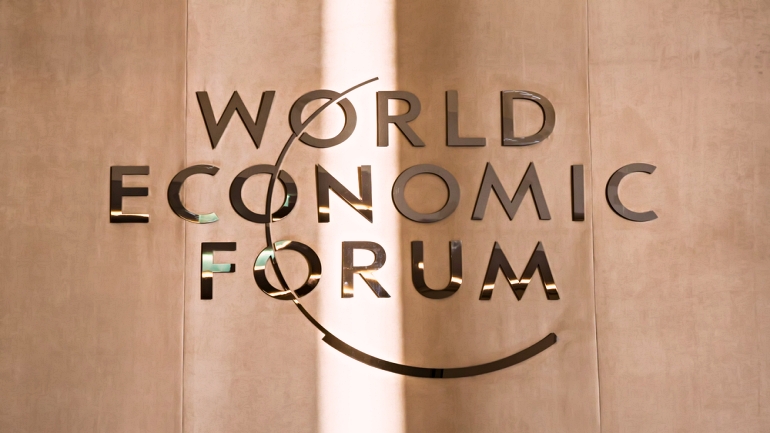The World Economic Forum Centre for Cybersecurity, in cooperation with leading Internet service providers (ISPs) and multilateral organizations around the world, have developed new Internet security principles to help protect up to one billion consumers in 180 countries. According to the World Economic Forum’s Global Risks Report 2019, the impact of indiscriminate malicious activity on the Internet can be significant and will carry an estimated global price tag of USD 6 trillion in 2021. The new cybersecurity principles have been endorsed by BT, Deutsche Telekom, Du Telecom, Global Cyber Alliance, Korea Telecom, Proximus, Saudi Telecom, Europol, Singtel, Telstra, Internet Society, and the ITU. It is stated that ISPs are a critical community that have the ability to protect consumers against cybersecurity threats and therefore have a significantly positive impact on their safety. Amy Jordan, Delivery Lead, Platform for Shaping the Future of Cybersecurity and Digital Trust, World Economic Forum, said, “Cybersecurity…
Europol, the European Union’s police agency, has published a report stating that telecoms fraud is costing over 29 billion Euros every year. The survey on cyber-telecom crime was conducted by Europol’s European cybercrime center (EC3) and cyber security specialist Trend Micro. This report underlines that telecom fraud is becoming a low-risk alternative to traditional financial crime, and due to the reduced cost and increased availability of hacking equipment, this type of fraud is on the rise. According to Europol, the most common methods of telecom fraud are vishing, where people are persuaded to disclose personal details, Wangiri, where people are tricked into calling back to expensive numbers, and international revenue sharing fraud (IRSF) that is claimed to be “the most damaging fraud scheme to date”. Describing IRSF, Europol stated: “It involves transferring monetary value from one carrier to another, based on the inter-carrier trust between telecom operators. Patient fraudsters…





